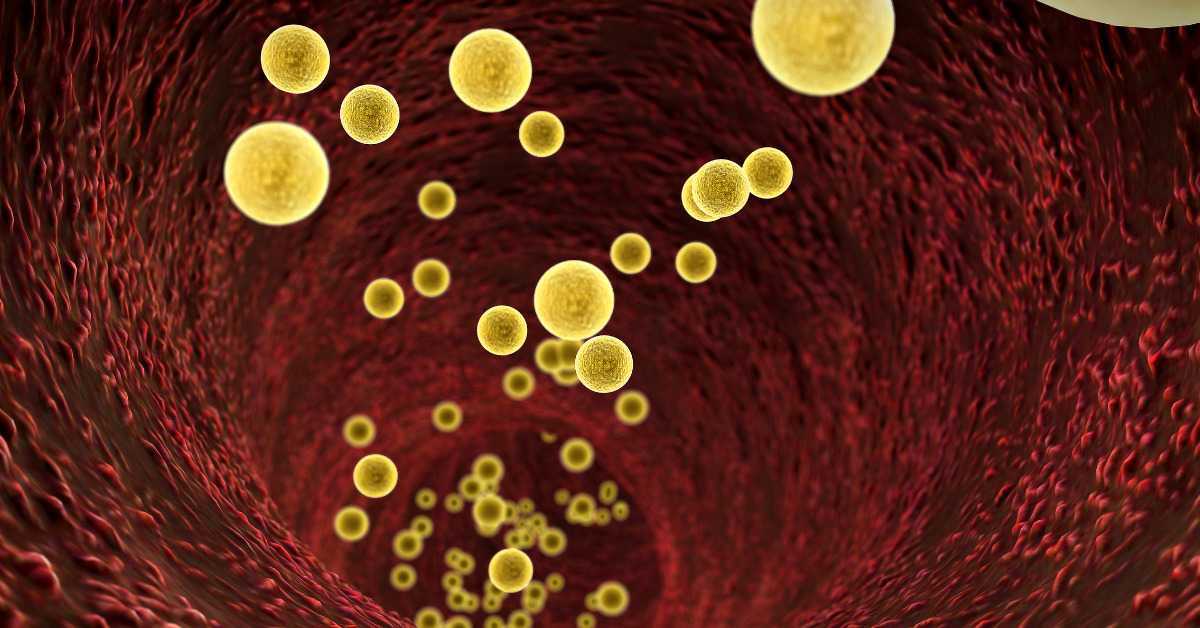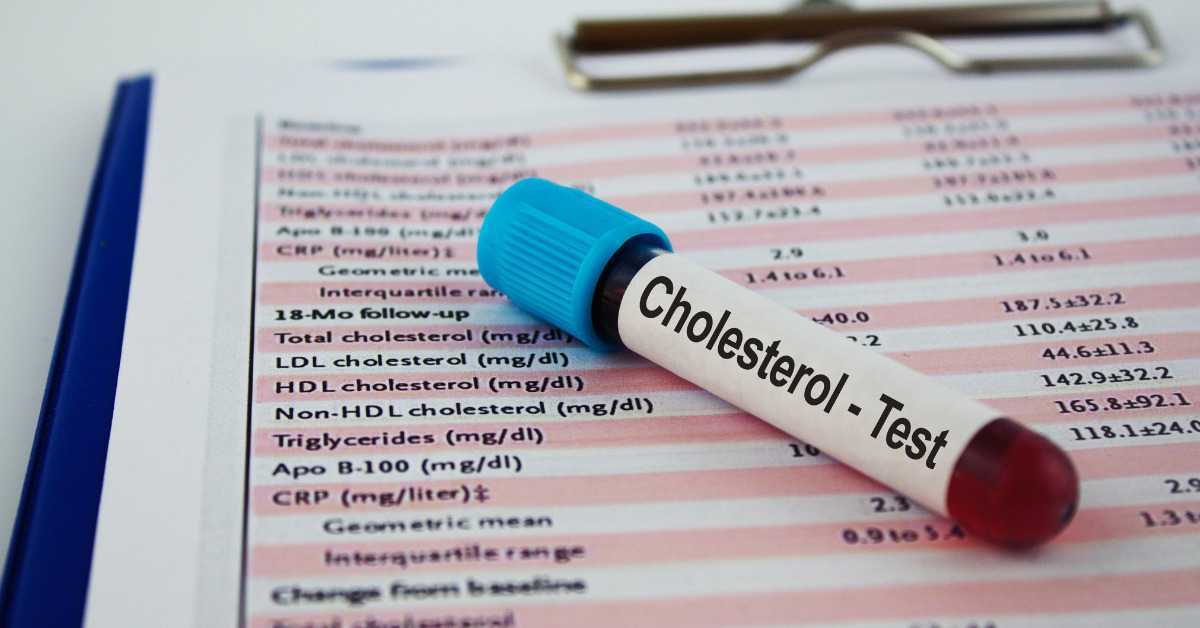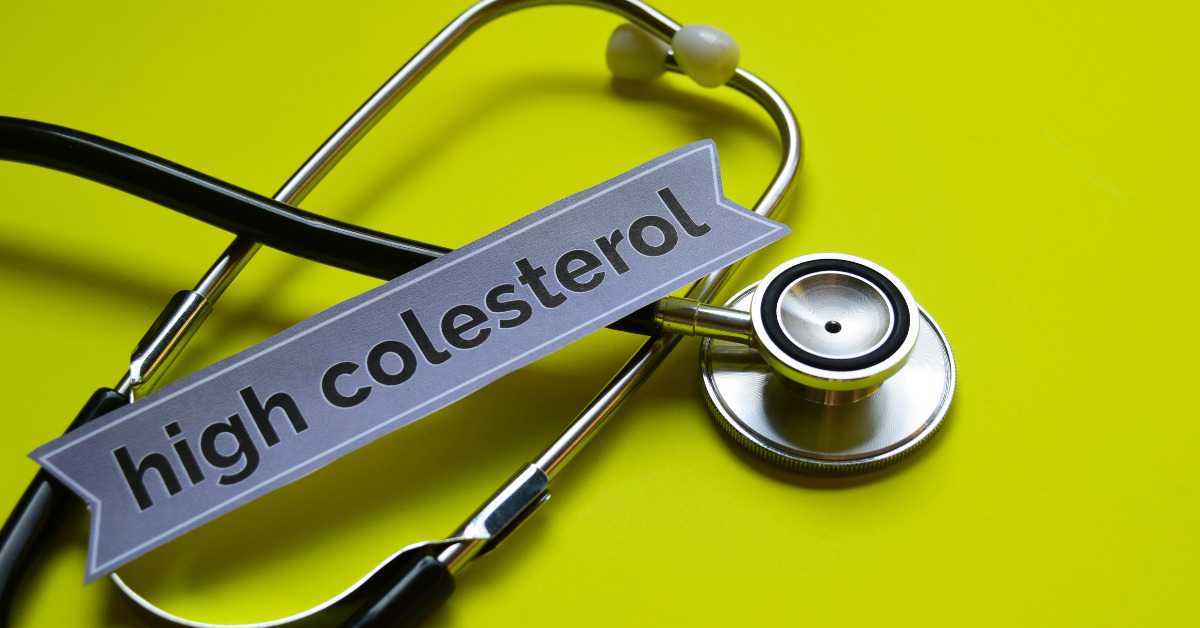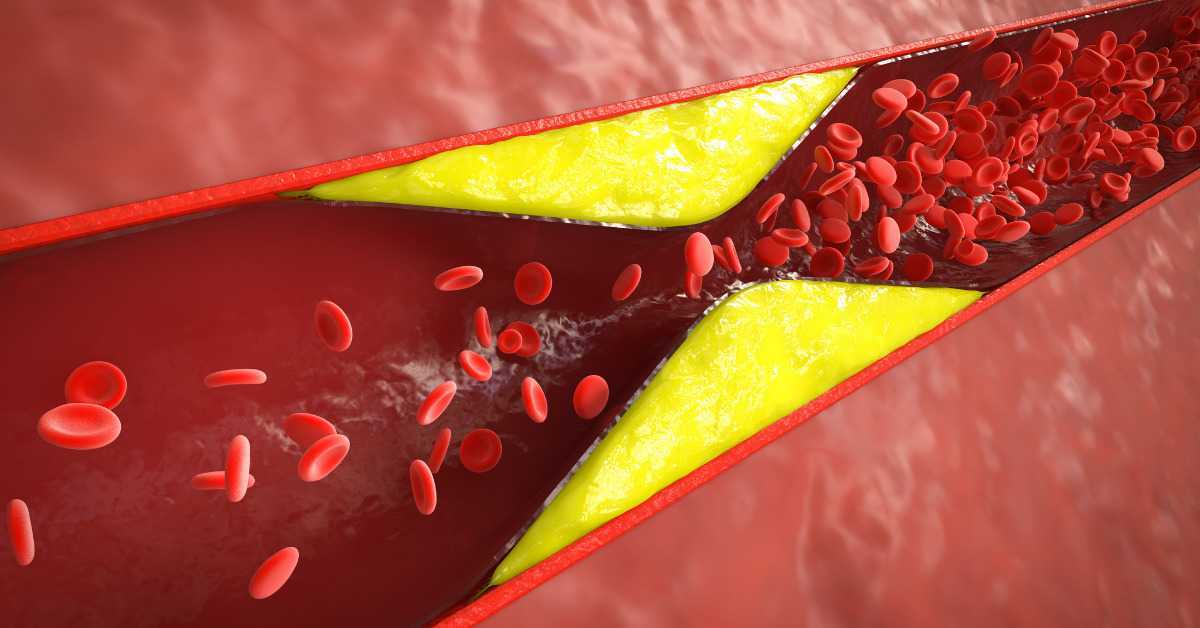Cholesterol levels in pregnancy often get high, and experts say that it is for the proper growth of your child. But is it true? Is very high cholesterol during pregnancy normal?
Cholesterol is a lipid present in most of our daily food, such as eggs, dairy products, red meat, etc. In pregnancy, it is normal to be extra conscious about your diet. But taking too much of anything is not good. Do you know a certain high cholesterol level can cause serious complications too?
So, how much of a high level is normal in pregnancy, and what level should you be worried about? In the following, you will get all the details you may want to know regarding high cholesterol levels. Keep reading to know about all such queries.
Why Do Cholesterol Levels in Pregnancy Get High?


Cholesterol is a waxy substance present in your blood. Your body needs cholesterol to make healthy cells, which are essential for your body to work well. The production of Bile salts, various hormones, and Vitamin D all need cholesterol.
There are small carriers called lipoproteins that help it move through the blood and get to the cells.
Our body makes around 75% of cholesterol, and the rest comes from our food. It would help if you usually were more careful about what you eat during pregnancy. It is essential to track how much cholesterol you have in your body. Throughout the second and third trimesters, cholesterol levels can rise by 25% to 50%.
Your body needs cholesterol for producing and activity of estrogen and progesterone. These male and female hormones are necessary for a well and successful pregnancy. High cholesterol in pregnancy’s third trimester is common, as, at this stage, there is a need for a high level of such hormone. Additionally, they are necessary for your baby’s normal growth. Cholesterol is essential for the following:
- Brain
- Limb
- Cellular development of infants
- Making of healthful breast milk
All of such points explain the high cholesterol levels in pregnancy. The doctors may not show much concern for high cholesterol in pregnancy. You may wonder, do they test cholesterol during pregnancy? Of course, they do; it is essential to monitor your pregnancy correctly. A particular cholesterol level could be dangerous in a normal adult. But the same level is average in pregnant women.
Cholesterol Levels in Pregnancy


- A healthy adult’s cholesterol level should be less than 2 mg/mL, preferably between 1.2 and 1.9 mg/mL.
- In the 1st trimester of pregnancy, it might range between 1.4 and 2.2 mg/mL.
- In the 2nd trimester of pregnancy, it might range between 1.8 and 3 mg/mL.
- In the 3rd trimester of pregnancy, it might range between 2.2 and 3.5 mg/mL.
When to Worry Regarding High Cholesterol Levels in Pregnancy?


According to existing evidence, it is unknown if high cholesterol might induce additional pregnancy problems. Some show no increase in pregnancy difficulties, while some other studies show an increased risk of:
- Gestational diabetes
- Preeclampsia (high blood pressure and abnormalities in renal function)
- Premature birth (before 37 weeks).
Women who have a high cholesterol level before becoming pregnant are twice as likely as women with normal cholesterol levels. The risk is developing a dangerous illness called preeclampsia during pregnancy.
Preeclampsia, alternatively referred to as pregnancy toxemia, is the development of:
- Hypertension
- Renal difficulties
- Extreme swelling during pregnancy.
The issue affects between 5% and 10% of all pregnancies but is particularly prevalent in the final trimester of a first pregnancy. If the illness is not addressed, it can proceed to eclampsia, which is distinct by convulsions in the mother and, in severe cases, death.
Now you know high cholesterol levels in pregnancy can cause complications. There may arise a question in your mind; Can high cholesterol cause miscarriage? Miscarriage is possible at any stage of pregnancy. Individuals with high cholesterol have the same risk of miscarriage as other persons their age. So high cholesterol doesn’t increase the risk of miscarriage.
Symptoms of High Cholesterol During Pregnancy


You will usually not notice any visible signs or symptoms, and your pregnancy will progress normally. Nonetheless, there is a slight chance that your cholesterol levels will surpass the maximum allowable values. It may remain high for a lengthy period. There is a greater risk of complications such as strokes and heart attacks in these situations. A buildup of cholesterol in the arterial walls might hinder blood circulation (Atherosclerosis).
Additionally, if you have a family history of high cholesterol, your doctor may recommend that you have your cholesterol checked more regularly. Alternatively, if you show the following risk factors:
- Have Hypertension,
- Are obese
- Do smoke
Tips for Maintaining Cholesterol Levels in Pregnancy


Currently, the doctors do not give the usual drugs to treat excessive triglyceride levels. So, how to reduce cholesterol during pregnancy?‘
Diet and exercise are the primary therapeutic options. Before pregnancy, lowering your triglycerides appears the best course of action.
- Consume less trans fats and saturated fats (butter, oil, etc.)
- Consume sugar-free meals.
- Opt for full-grain meals.
- Daily exercise for at least 30 minutes
- consume more fiber
- Consume good fats such as those found in almonds and avocados
- Maintain your diet with omega-3-rich foods or supplements
Every woman loves her pregnancy phase and is scared at the same time. It is normal if you, too, are concerned about various issues in this period. There is nothing to worry about as long as you get a consultation from the best gynecologist. Book an appointment with the Best Gynecologist to get rid of all your worries through Marham by calling the Marham helpline: 0311-1222398 or by online booking facility through the website or Marham mobile app.
| Android | IOS |
|---|---|
  |
  |
FAQs
1. How to treat high cholesterol in pregnancy?
The gynecologist doesn’t prescribe you drugs to treat high cholesterol levels in pregnancy. You can adapt a healthy lifestyle and a diet to manage your cholesterol levels.
2. Can high cholesterol be the reason for birth deficiencies?
There is no evidence that high cholesterol alone increases the risk of birth abnormalities. Diabetes and obesity, for example, can raise the risk of birth abnormalities.
3. How long does it take for cholesterol levels to normalize following pregnancy?
Cholesterol levels increase by around 70% during a normal pregnancy. After birth, women can anticipate recovery to normal levels in four to three months.

